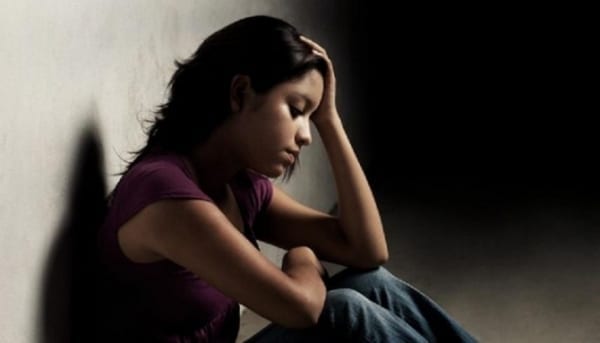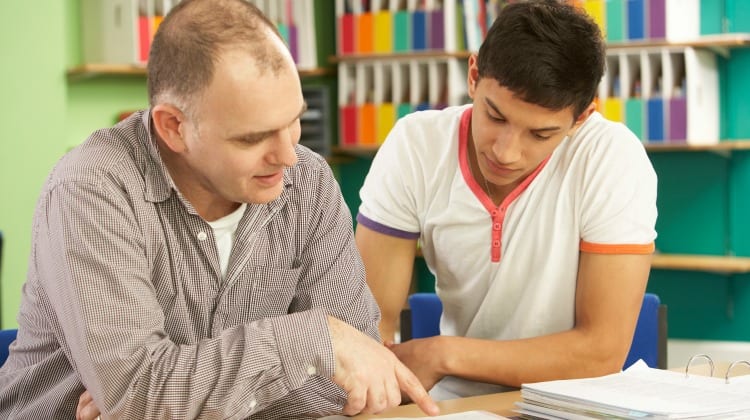Recognizing teen depression can be a daunting task to parent. Red Rock Canyon School provides some tips and support to parent suspecting their child of dealing with depression. Teen depression manifest itself in different ways. For some teens, depression can manifest as anger and irritability, while others may display symptoms like apathy, avoidance or isolation.
The following are some of the most common warning signs of teen depression:
Sadness, anger, moodiness or irritabilityLoss of interest in activities once enjoyedSignificant changes in appetite, weight or sleep patternsLoss of energyFeelings of worthlessness or guiltDifficulty concentratingFrequent thoughts of death or suicideFrequent and unexplained headaches, muscle aches, stomachaches or tirednessFrequent absences from school or poor performance in schoolRunning away from homeWithdrawing from family or friendsAlcohol or drug abuseNeglect of personal hygiene, clothes or appearance”Depressed teens don’t believe life can be better because they are ill equipped to make the necessary changes to their lifestyle and are unable to see outside of their pain,” explained the therapeutic team at Red Rock Canyon School. Too often teen drugs and alcohol usage are linked to depression. Teens may take it upon themselves to self medicate in order to deal with their pain, not realizing that these chemicals actually exacerbate the symptoms of depression rather than alleviating them.
Red Rock Canyon Tips for Parents
Though there are many reasons teens become depressed, a disconnection from their parents is a common contributor. This disconnect is often at the root of the withdrawal and isolation that are characteristic of teen depression, as teens have given up on developing a tight bond with their parents and others. A simple way to start is by spending quality time with their child, listening actively to what they have to say and showing their child that they enjoy their time together. In addition to spending time together and having fun as a family, it is important for parents to talk to their teens about what’s happening at school and with friends. They should also discuss the effects of substance abuse and how it relates to depression. Parents are also encouraged to ask themselves how they may be contributing to their child’s depression or other emotional and behavioral issues. Sometimes parents aren’t managing their own emotions well or are losing control in their interactions with their child, which sets a poor example.
Treatment for Teen Depression
There are a number of effective treatments for teen depression. A therapist or therapeutic treatment program can help families decide which approach will be most effective for a particular teen. Medication. Although antidepressant medications help many teens, sometimes it can be just to mask the underlying problem that the teen hasn’t dealt with yet. Often, by talking through the underlying issues and teaching teens new strategies to regulate their emotions and cope with stress, the symptoms of depression can become more manageable. If a teen is suffering from severe depression or their symptoms don’t improve after spending time in a natural environment and making lifestyle changes, a psychiatric evaluation and course of antidepressant medication may be in order. Talk Therapy. Traditional talk therapy works for some teens, but the adolescent needs to view therapy as a resource, not an obligation they have to satisfy one hour a week. Teens who are resistant to treatment, aren’t making progress or are skipping therapy sessions altogether usually need a more intensive intervention.





